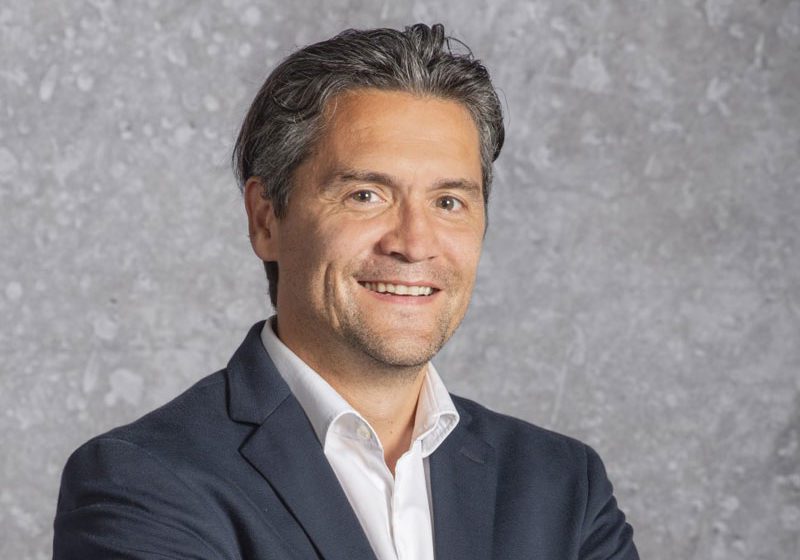Philip Morris International is calling on policymakers, regulators, public health advocates, tobacco companies and activists to unite behind the goal of ending cigarette smoking.
As the United Nations General Assembly convenes to discuss global challenges, the company is releasing a white paper, “Rethinking Disruption: Innovating for Better in an Era of Division,” which previews select findings from a new international survey highlighting the broad societal support for disruptive innovations to improve public health and address other critical issues. The white paper explores how the world’s most significant challenges—including smoking—can be solved through pragmatic solutions and decisive, concerted action.
The survey respondents (17,207 adults aged 21 and older in 14 countries) believe that the development and adoption of new technologies, innovations and capabilities can enable significant progress against a range of issues over the next 10 years to 20 years, including: encouraging healthier eating habits (78 percent); ensuring quality and affordable healthcare for all (72 percent); reducing smoking rates (65 percent); and eliminating hunger and malnourishment (62 percent).
“We believe that there exists a real opportunity for activists, public health leaders and policymakers to significantly improve public health by helping millions of adults who would otherwise continue to smoke switch to better alternatives,” said Jacek Olczak, CEO of PMI. “For more than a decade, PMI has been transforming for good, directing our resources and energy to provide better options to adult smokers and deliver a smoke-free future as quickly as possible. Though the best choice is never to start smoking or to quit if you do, we know that, realistically, many smokers will not quit—and, frankly, those adults deserve better.”
Senior PMI executives, including Olczak, will address international forums during the week of Sept. 19, talking about the pressing need for collaboration on solutions that are real, practical and grounded in science to achieve meaningful progress in the tobacco sector and beyond.
“Innovation is a crucial piece of the solution of eliminating cigarettes, but it’s not the only piece,” said Gregoire Verdeaux, senior vice president of external affairs at PMI. “Once scientific and technological advances have been made, regulations need to keep up. Policies should reflect that certain tobacco and nicotine products are less harmful and ensure that adult smokers who do not quit can access and afford these better alternatives to cigarettes. This is especially true in developing countries, where most smokers are.”
A list of events can be found on the company’s website.



















